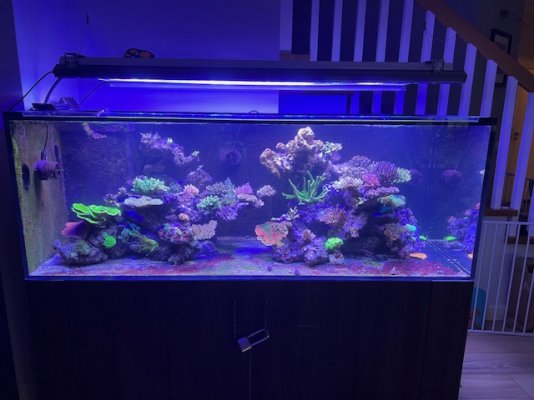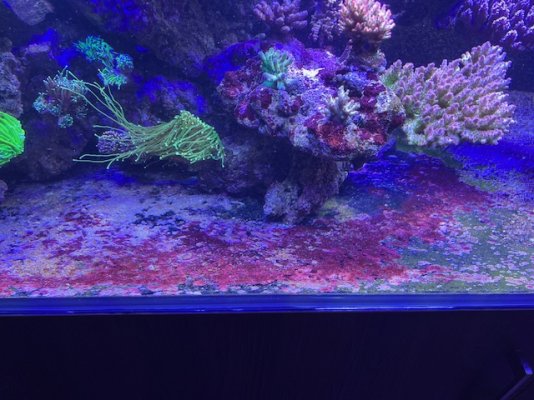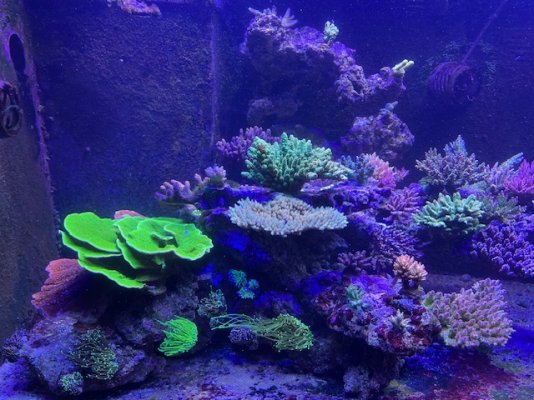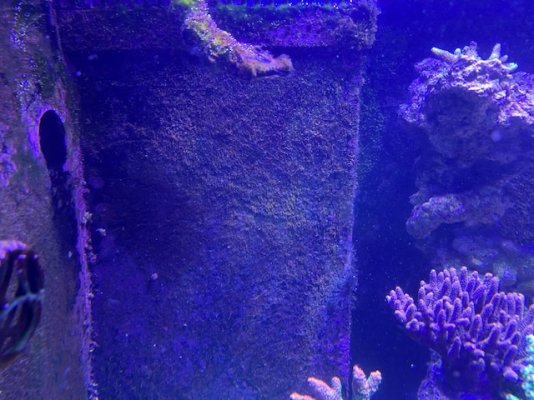First of all, hello everyone, this is my first post and first of all, I apologize for the mistakes in my English. I decided to write because I have a serious problem with the fish in my aquarium. I set up the aquarium 1.5 years ago, it has 200 gallons. Mainly SPS and LPS corals. Everything was very good until July. Due to the detritus, I added Fauna Marin Bacto Therapy and Reef Actif Tropic Marin (although it may have nothing to do with it, but that's when it all started). First, all the Lysmata amboinensis shrimp died. Later, small fish started to die. After 2 months, all the fish died, including the tangs. The fish looked like they were suffocating, their breathing was rapid. They had no rash or other visible symptoms. I also noticed that several acropora slowly started to lose tissue. At that time, I did a lot of water changes with Tropic Marin Pro Reef salt. I did three ICP tests and all the parameters were normal. I put shrimp and a few small fish in as a test, but the situation repeated itself. The shrimp died after 2 days, and the fish after 4 days. I did a Salifert test for O2, it was normal. Ammonia and nitrites undetectable. Phosphates increased significantly due to the many dead fish. I decided to add chemiclean. It seems to me that after the chemiclean treatment, the corals started to look better. The UV lamp was on for 2 months, but it didn't help. Ozone didn't help much either, but I didn't use it much either. This week I put 2 shrimp and a few small fish in again. The shrimp died after 2 days, and the fish after 4. I will add that I also have starfish, sea urchins and lots of snails that are fine. Today I bought a milwaukee ORP meter. The measurement was very low 60-70mv. I don't know why. Maybe because of the numerous water changes. I still filter the water with carbon. I turned on the ozone again, but I have no idea what to do. Please help!
ICP from today:

ICP from today:

Test wody #7470015
W celu zapewnienia właściwej suplementacji, poziomu mikroelementów i pierwiastków konieczne jest okresowe badanie wody. Badanie ICP-OES pozwala również poznać poziomy substancji toksycznych i szkodliwych.
aquaforestlab.com
























